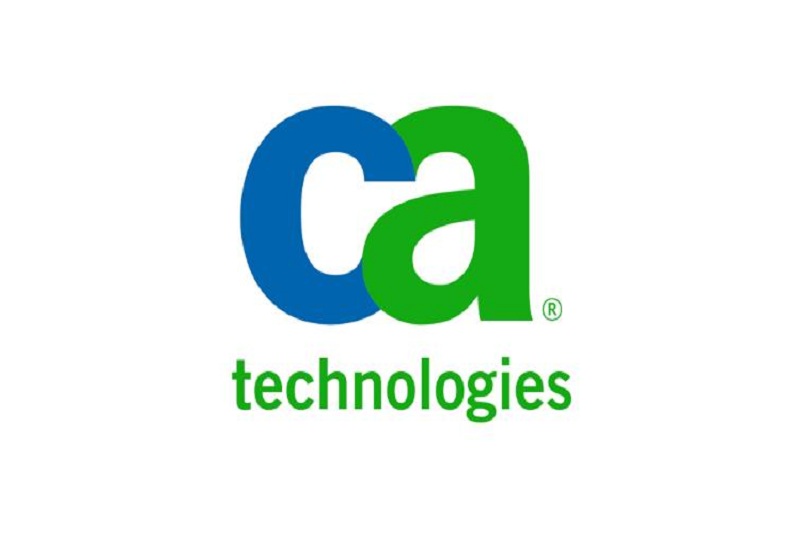CA World 2011: Only fastest businesses will survive
The opening keynote of CA Technologies' user conference talks up the need to adapt to change at speed.


Technology must step up a gear to keep pace with business change, or else risk losing out to competitors.
That was the key message delivered by Bill McCracken, chief executive of CA Technologies, during his opening keynote speech at the company's CA World 2011 conference.
In today's world, if you don't change you're writing your epitaph. It's about change but, more importantly, it's about the speed of change.
Illustrating the negative affects of not being able, or willing, to change, McCracken said that in 1985, 396 of the Fortune 500 were destroyed, merged or acquired.
"In today's world, if you don't change you're writing your epitaph," he said. "It's about change but, more importantly, it's about the speed of change. Companies that do [change quickly] putstress on companies that have not looked forward and decided what to do."
He added: "One of the biggest problems I face as a CEO is you see what you want to do, you know how you want to change and you can't change fast enough. Often times the reason you can't change as fast as you want to is because of the IT. It puts pressure on the business..."
McCracken then detailed some of the key changes headed businesses' way. With a conference theme of 'IT at the speed of business,' he said the future for organisations would be based on the tenets of modelling, assembling, automating and ensuring.
Get the ITPro daily newsletter
Sign up today and you will receive a free copy of our Future Focus 2025 report - the leading guidance on AI, cybersecurity and other IT challenges as per 700+ senior executives
"In the old world, you put an application together and tested it in the environment you have. We always found the test failed, it didn't work right. That was because of the complex environment. Today's world is more complex," he said.
"Modelling allows you to model that complex network as though it were real.. We've moved from today's world where management software says 'You had a traffic jam here' to a new world where we can say 'You're going to have a traffic jam here and here and this is what you should do to avoid that.' It allows you to do it one time, correct when you launch it and you'll know what the response time of the application will be."
Such pre real-time insight will enable firms to change their business models rapidly, and with greater confidence what they're doing is right, McCracken added.
"The benefit [of this] is you can build that, change the model and when competitors begin to change, you change again while they're catching up with you.... You can set the rules. You can decide where the industry is going, where your company is going," he said.
"In our company, we've started talking about the CIO as the BIO - a business information officer. It's a new world. We think it's an exciting world."
Vivek Kundra, former CIO of the US government, joined McCracken on stage during a panel debate, to discuss the benfefits of being more agile and able to change as an organisation.
Kundra slashed the US government's expenditure by $3 billion by rationalising systems and removing duplication. Prior to his involvement, IT spending and development was out of control. Indeed, the number of datacentres had shot up from 432 to more than 2,000 in less than a decade.
"I implemented a cloud-first policy. We were all focused on the wrong stuff. We needed to abstract that to improve the way the American people deal with their government. They don't care how many datacentres you have but they do care if they have to stand in line or fill in paper forms," he said.
"President Obama understood the power of technology and how it could transform a nation... In an interconnected world, technology is a huge game changer. It might not pay dividends right away but it is necessary to stay competitive".
McCracken also stressed the role the cloud will play in future change.
"It's not a fad, it's not a trend. People are using it. Businesses are using it. [So] what is it and what do we do about it?," he said.
"[The economy is driving] the adaption of this technology. The economy is always a pressure point for what we do and how we do it. We constantly have to do more with less. The economy today, whether in Europe, the fast-growing economies of Asia or US are driving and being fuel on the fire of transition of where we we are and where we're going."
Maggie has been a journalist since 1999, starting her career as an editorial assistant on then-weekly magazine Computing, before working her way up to senior reporter level. In 2006, just weeks before ITPro was launched, Maggie joined Dennis Publishing as a reporter. Having worked her way up to editor of ITPro, she was appointed group editor of CloudPro and ITPro in April 2012. She became the editorial director and took responsibility for ChannelPro, in 2016.
Her areas of particular interest, aside from cloud, include management and C-level issues, the business value of technology, green and environmental issues and careers to name but a few.
-
 CISA issues warning in wake of Oracle cloud credentials leak
CISA issues warning in wake of Oracle cloud credentials leakNews The security agency has published guidance for enterprises at risk
By Ross Kelly
-
 Reports: White House mulling DeepSeek ban amid investigation
Reports: White House mulling DeepSeek ban amid investigationNews Nvidia is caught up in US-China AI battle, but Huang still visits DeepSeek in Beijing
By Nicole Kobie